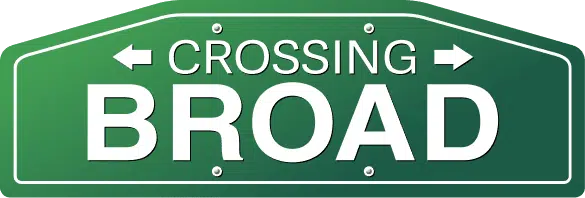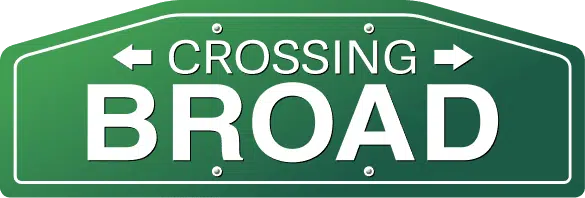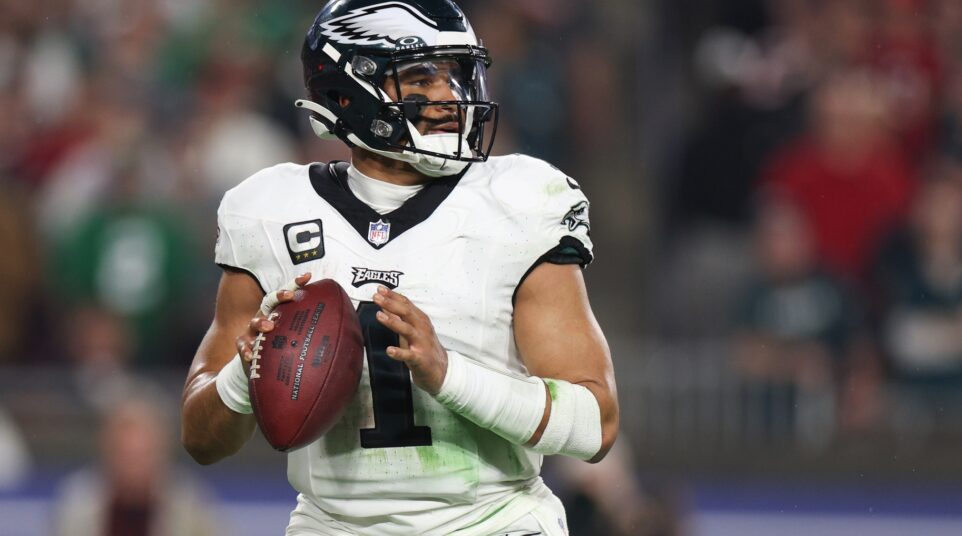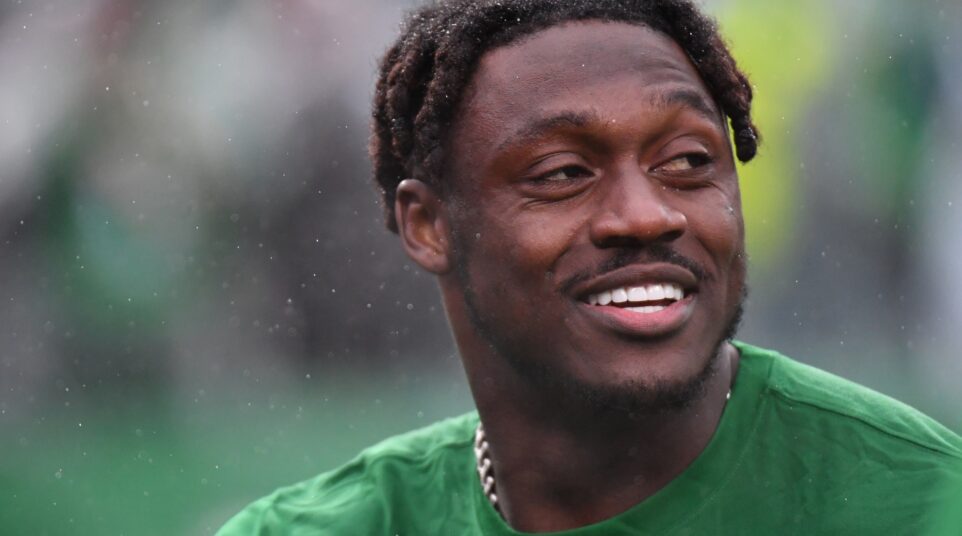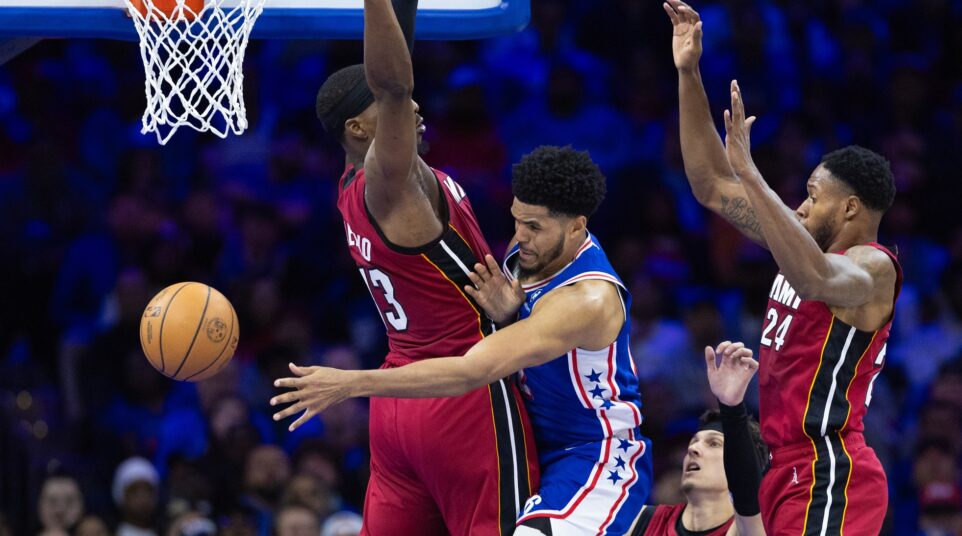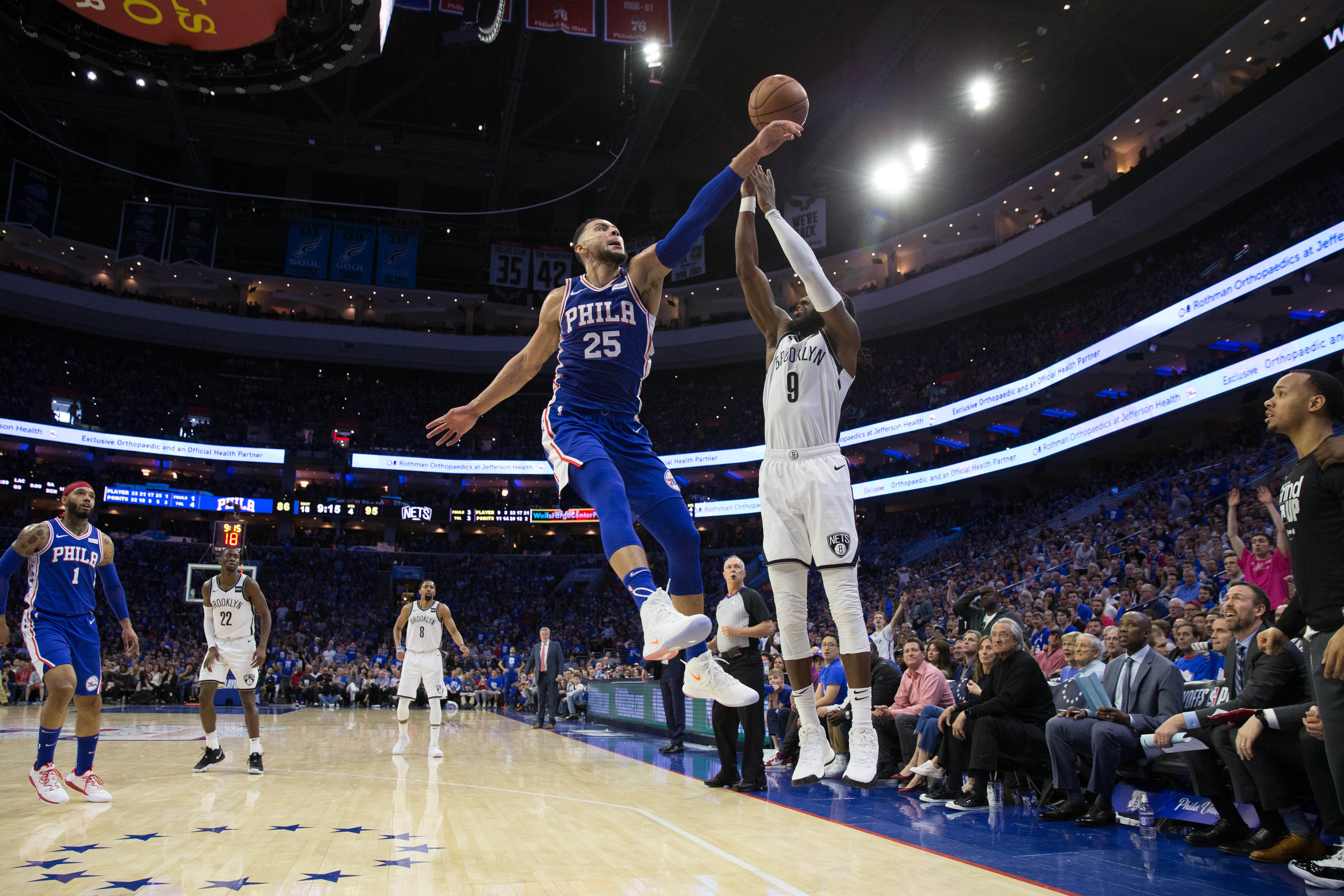
Ben Simmons Pivots on Booing Comments: "I Love the Fans Here"
Ben Simmons wasn’t a fan of the boos he and teammates received on their home floor during and after the 111-102 game one loss to the Brooklyn Nets.
Sixers fans, in turn, weren’t a fan of comments Simmons made after the game, when he advised the boo birds to “stay on that side.”
Ben was asked about those comments after Sunday’s practice session, saying, “it’s Philly, that’s what’s gonnna happen.”
Then he added this:
“I love it, that’s how Philly is. They’re gonna give you shit, they’re gonna talk shit, it is what it is. You’re not playing, they’re gonna let you know. But I love being here. I love the fans here. I wouldn’t want to be in a place where they didn’t care or they only showed up during times when you’re doing well. A few years ago we were winning 10 games.”
All of this spawned the typical social media discussion RE: booing – does it help or does it hurt? Does the negativity become a motivating factor and thus ultimately manifest itself as a positive? Or does the negativity create a further disconnect between the players and fans to the point where it’s ultimately detrimental? Does it heap more pressure on a team already carrying weighty expectations?
I don’t know what the answer is, nor do I think there’s a right or wrong course of fan action. The Sixers were wretched on Saturday and the boos were justified; that’s pretty much agreed on. Jimmy Butler didn’t seem to care about the booing, deferring to Simmons as a grown man who is capable of speaking for himself, while Joel Embiid offered an interesting and nuanced response, explaining that he understands the behavior but wasn’t sure the booing after every missed basket offered much substantial value.
What I do know is that if the Sixers come out and hit some shots tonight, make some free throws, grab some loose balls and show more aggression and urgency, then you’re not gonna hear any boos at all.
Problem solved.
